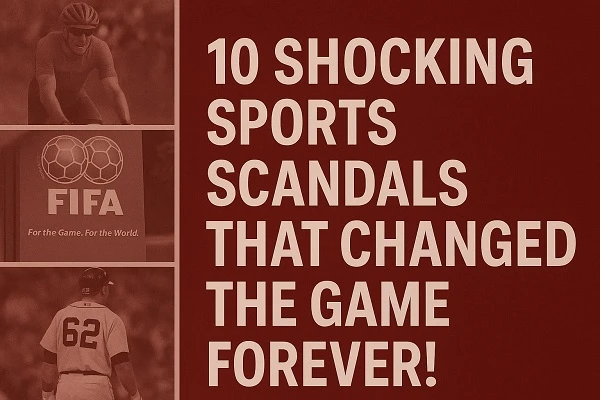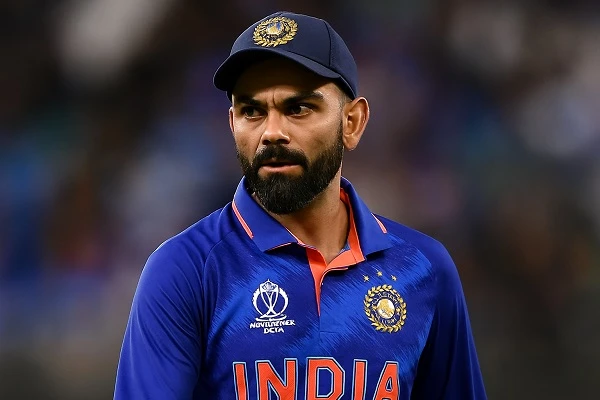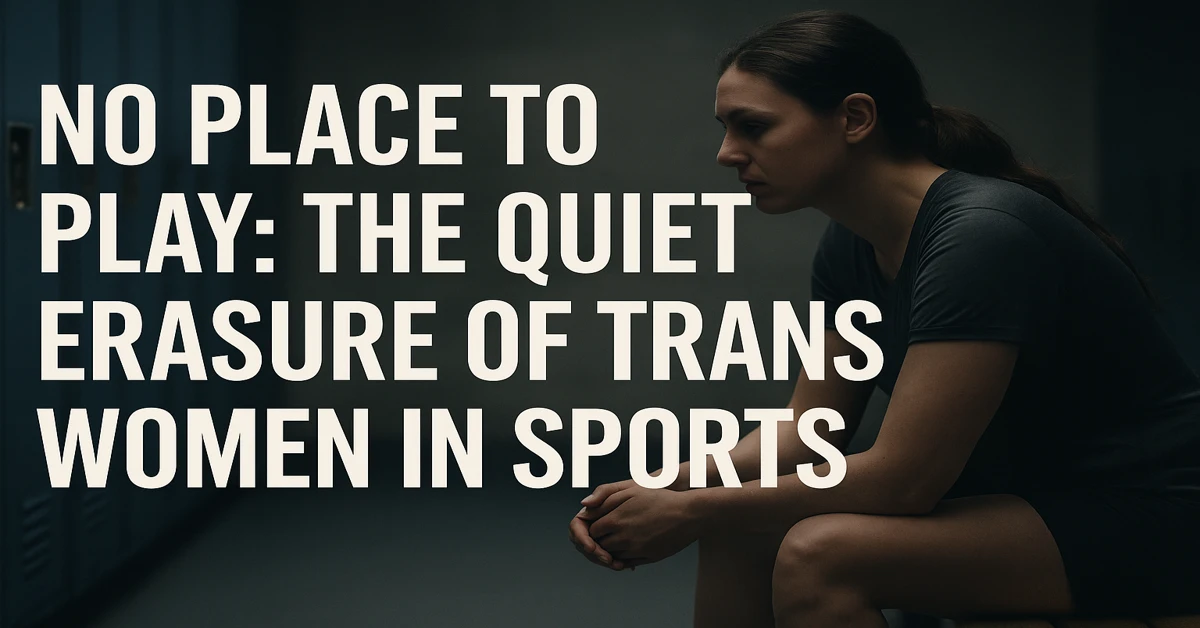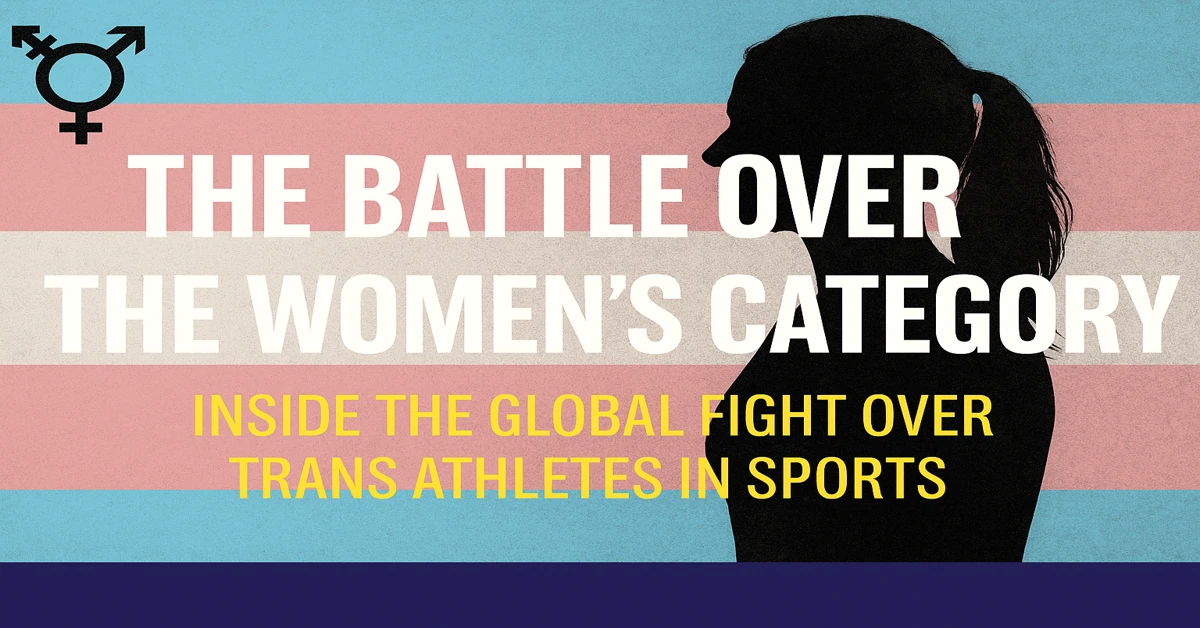Last Updated: July 2, 2025
10 Shocking Sports Scandals That Changed the Game Forever

Sports are meant to inspire us — a showcase of human excellence, fair play, and pure determination. But sometimes, the pursuit of victory pushes athletes, teams, and even entire institutions into darkness. Over the decades, the world has witnessed scandals so massive they didn’t just tarnish reputations, they redefined the very rules of the game. Here are 10 of the most shocking sports scandals that shook the world and left lasting scars on their respective sports.
1. Lance Armstrong – The Fall of a Cycling Legend
Lance Armstrong was once the golden boy of cycling — a cancer survivor who won the Tour de France a record seven times. But in 2012, everything unraveled. After years of denial, Armstrong was found guilty of systematic doping. The U.S. Anti-Doping Agency called it “the most sophisticated, professionalized and successful doping program that sport has ever seen.”
The fallout was massive. Armstrong was stripped of all seven titles, banned for life, and lost lucrative sponsorships. The scandal changed how cycling approached drug testing and forever marred one of the sport's most celebrated names.
2. The 2015 FIFA Corruption Case
Football’s governing body, FIFA, was rocked by one of the biggest corruption scandals in sports history in 2015. The U.S. Department of Justice indicted over a dozen top officials for wire fraud, racketeering, and money laundering — all tied to bribes for media rights, tournament hosting, and more.
The scandal exposed decades of financial mismanagement and corruption, leading to the suspension of high-profile figures like Sepp Blatter and Michel Platini. It forced a global reckoning in football governance, with many federations introducing new transparency and oversight protocols.
3. The 2000 Match-Fixing Scandal – Hansie Cronje
South African cricket captain Hansie Cronje was respected, admired, and successful. But in April 2000, a bombshell dropped — Cronje was involved in match-fixing. He confessed to accepting bribes from bookmakers to influence match outcomes.
The scandal shattered the image of gentleman’s cricket. Cronje was banned for life and died tragically in a plane crash in 2002. His story remains a grim reminder of how corruption can seep into even the most sacred corners of sport.
4. The 2002 Winter Olympics Figure Skating Scandal
In Salt Lake City, the pairs figure skating final ended in controversy. Russia’s Berezhnaya and Sikharulidze won gold, but many believed the Canadian pair, Sale and Pelletier, were superior. Later, a French judge admitted she was pressured to favor the Russian team.
The scandal sparked outrage and led the International Skating Union to revamp the scoring system, moving away from subjective judgments to a more structured point-based model. Both pairs were eventually awarded gold, but the damage to the sport’s credibility lingered.
5. The Russian Doping Scandal (2014–Present)
This ongoing scandal is perhaps the most widespread state-sponsored doping case in history. It began with whistleblowers revealing that Russian athletes were using performance-enhancing drugs with the full support of government bodies.
The World Anti-Doping Agency (WADA) confirmed tampering with lab results, fake urine samples, and cover-ups during events like the Sochi 2014 Winter Olympics. As a result, Russia was banned from several Olympic Games, and many athletes competed as "neutral" competitors.
6. The NBA Betting Scandal – Referee Tim Donaghy
In 2007, the integrity of the NBA was questioned when referee Tim Donaghy admitted to betting on games he officiated and making calls to influence the point spread. He served time in prison and exposed potential vulnerabilities in how referees could impact outcomes.
This scandal led the NBA to tighten officiating standards, improve referee training, and enhance monitoring systems — but it still haunts the league’s reputation today.
7. Pakistan Spot-Fixing Scandal (2010)
During a tour of England in 2010, three Pakistani cricketers — Salman Butt, Mohammad Amir, and Mohammad Asif — were found guilty of spot-fixing. They accepted bribes to deliberately bowl no-balls at specific times during a Test match.
The scandal shocked cricket fans worldwide, especially given Amir’s young age and immense talent. All three served bans and jail time. While Amir eventually returned to international cricket, the incident cast a long shadow over Pakistan’s cricket integrity.
8. The New England Patriots – “Spygate” and “Deflategate”
The NFL’s most successful dynasty has also been one of its most controversial. In 2007, the Patriots were caught videotaping New York Jets’ defensive coaches' signals — a violation dubbed “Spygate.” Then in 2015, “Deflategate” emerged, accusing quarterback Tom Brady of using underinflated footballs in a playoff game.
Both incidents sparked widespread debates about ethics, fairness, and punishment in the NFL. Despite fines, suspensions, and lost draft picks, the Patriots continued their dominance — but their legacy remains complicated.
9. The 1994 Tonya Harding–Nancy Kerrigan Attack
In one of the most bizarre stories in sports history, figure skater Tonya Harding was implicated in an attack on rival Nancy Kerrigan ahead of the 1994 U.S. Figure Skating Championships. Kerrigan was struck on the knee by a hitman hired by Harding’s ex-husband.
Although Harding denied involvement in planning the attack, she was banned from the sport and stripped of her titles. The scandal turned into a media frenzy and was later adapted into the award-winning film I, Tonya.
10. The Baseball Steroid Era
From the late 1990s to early 2000s, Major League Baseball saw a surge in home runs — and steroid use. Stars like Barry Bonds, Mark McGwire, and Sammy Sosa became central figures in the performance-enhancing drug controversy.
Congressional hearings, media exposés, and fan outrage followed. MLB implemented strict drug policies, but the Hall of Fame debates surrounding these players still rage on. The scandal redefined the era and forced a complete overhaul in drug testing and public trust.
In the End: When the Game Isn't Just a Game
These scandals are more than tabloid fodder — they are cautionary tales about the power of money, fame, and pressure in competitive sports. Each one left permanent changes in rules, policies, and public perception. While fans continue to cheer for greatness, these stories remind us that even legends can fall. The real victory is in playing fair, and when that line is crossed, the entire sport pays the price.
Have any other scandals you think deserve a spot on this list? Let us know and join the conversation — because history, good or bad, deserves to be remembered.
You May Also Like:

PCB’s 2025-26 Women’s Cricket Calendar: A Game-Changing Move for Pakistan Women’s Cricket...

Streaming vs Cinema: Why Going to Theaters Might Be Dead Forever...

Virat Kohli’s Final Chapter: Why His 2025 Retirement Will Reshape Indian Cricket Forever...

Texas Flood Tragedy: Doctor Fired Over Heartless Comment, Pat Green’s Family Lost & 7 Shocking Sto...

Emma Raducanu’s Shocking Comeback: Can the Fallen Star Rise Again in 2026?...

Surprising Sports Where Women Outperform Men: Breaking Stereotypes with Stats...

No Place to Play: The Quiet Erasure of Trans Women in Sports...

